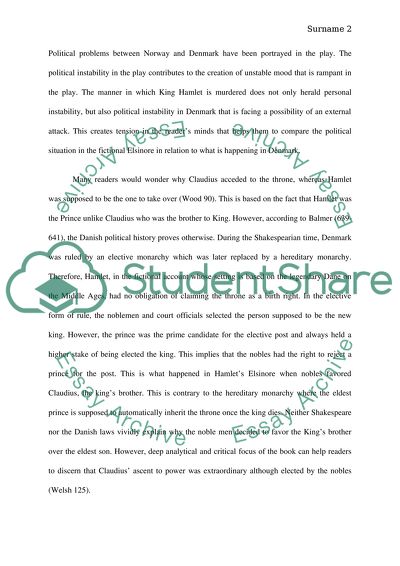Cite this document
(“Denmark and Hamlet Research Paper Example | Topics and Well Written Essays - 2000 words”, n.d.)
Retrieved from https://studentshare.org/literature/1464896-denmark-and-hamlet
Retrieved from https://studentshare.org/literature/1464896-denmark-and-hamlet
(Denmark and Hamlet Research Paper Example | Topics and Well Written Essays - 2000 Words)
https://studentshare.org/literature/1464896-denmark-and-hamlet.
https://studentshare.org/literature/1464896-denmark-and-hamlet.
“Denmark and Hamlet Research Paper Example | Topics and Well Written Essays - 2000 Words”, n.d. https://studentshare.org/literature/1464896-denmark-and-hamlet.


